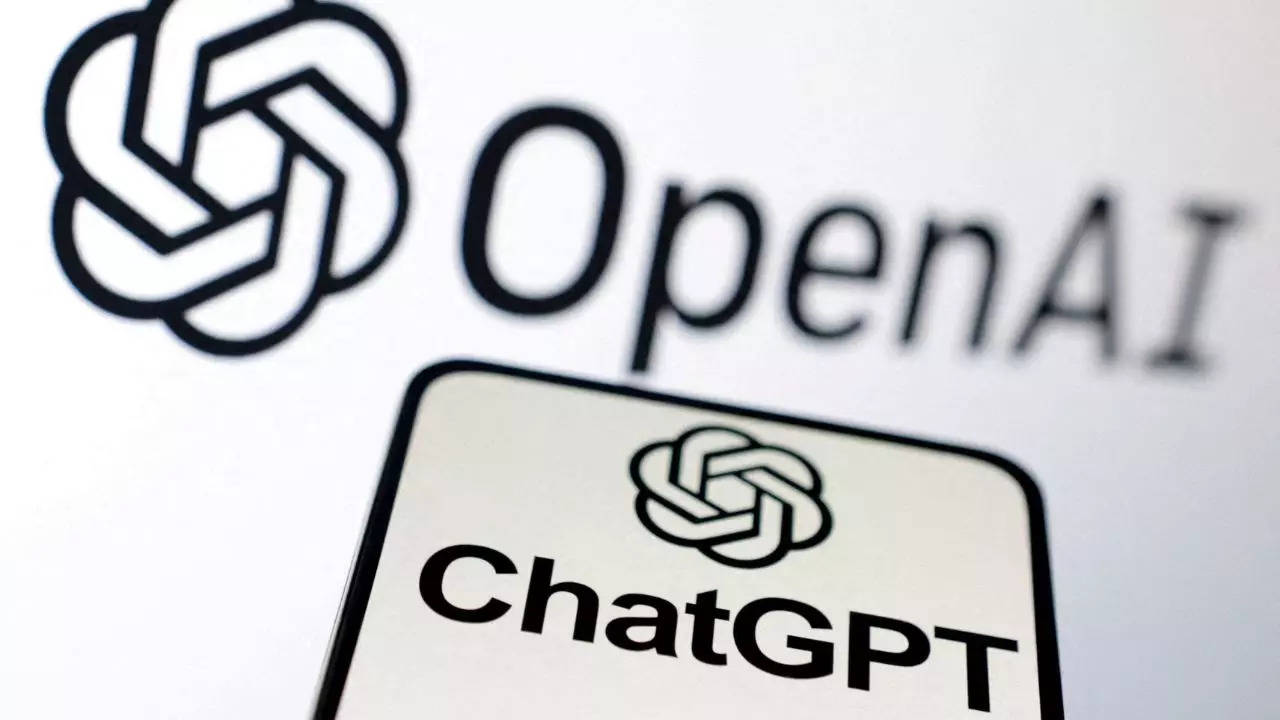OpenAI, backed by Microsoft, has recently unveiled Voice Engine, a voice-cloning tool that can replicate a person’s voice with just a 15-second recording of them speaking. However, the company has decided not to make this technology available to the public at the moment due to concerns about potential misuse, especially during election seasons in over 20 countries worldwide.
OpenAI is aware of the risks associated with this technology and has cited incidents where AI-generated robocalls mimicked President Biden during New Hampshire’s primary as an example of how it could be used for malicious purposes. The company is collaborating with various partners from government, media, entertainment, education, civil society, and beyond to gather feedback and ensure responsible deployment of the technology.
Testers of Voice Engine have agreed not to impersonate anyone without their consent and to disclose when the generated voices are AI-generated. This responsible approach sets OpenAI apart from others in the voice-cloning field and reflects their commitment to ethical use of AI technology. The company also plans to expand into speech recognition and potentially develop a digital voice assistant, indicating their future ambitions in the market.
Despite the current restrictions on public access to Voice Engine, OpenAI’s trademark application suggests their intentions to venture into new territories and compete with established products like Amazon’s Alexa. With their focus on responsible deployment and collaboration with various stakeholders, OpenAI is paving the way for ethical and innovative use of AI in the voice technology space.



